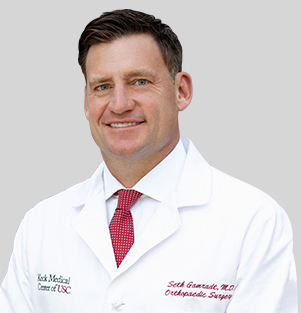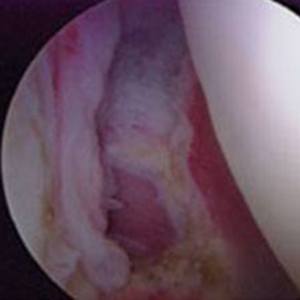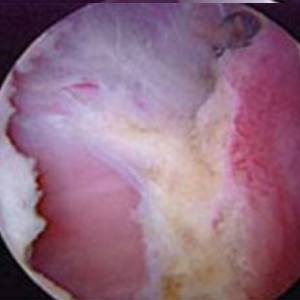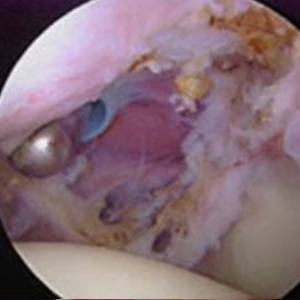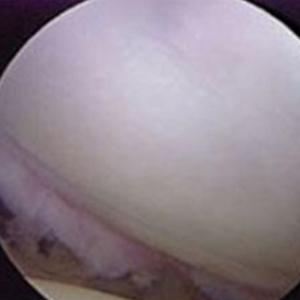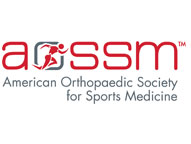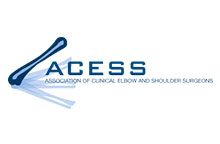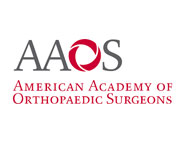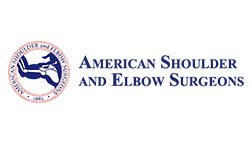CAUSES
- Idiopathic (usually affects females 40-60yo)
- Diabetes
- Thyroid Conditions
- Secondary Frozen Shoulder (another shoulder condition such as rotator cuff tear, tendonitis impingement, or trauma induces a frozen shoulder
SYMPTOMS
- Pain
- Stiffness
- Duration of symptoms can be 12-18 months
NONOPERATIVE TREATMENT
- Rest
- Physical therapy
- Injection (cortisone)
WHEN TO HAVE SURGERY?
- More than 90% of frozen shoulders will not not need surgery
- If high pain and stiffness after injections and physical therapy for 6 months one can consider surgery
- MRI can reveal other pathology in need of treatment (e.g. partial rotator cuff tear, impingment)
TECHNIQUE
The shoulder capsule is released arthroscopically and then the shoulder is manipulated under anesthesia
DAY OF SURGERY
- Nerve block anesthesia
- 1 hour surgery
- Outpatient
RECOVERY
- Minimal sling usage; important to start moving and start physical therapy right away.
- 4 months physical therapy 2 x per week.
- Expectation is full range of motion and no pain with return to full activity by 3-6 months.
- Speed of recovery is variable which makes surgery a second line treatment for frozen shoulder.
Questions?
Email Dr. Gamradt - [javascript protected email address]
[javascript protected email address] Office Phone:
